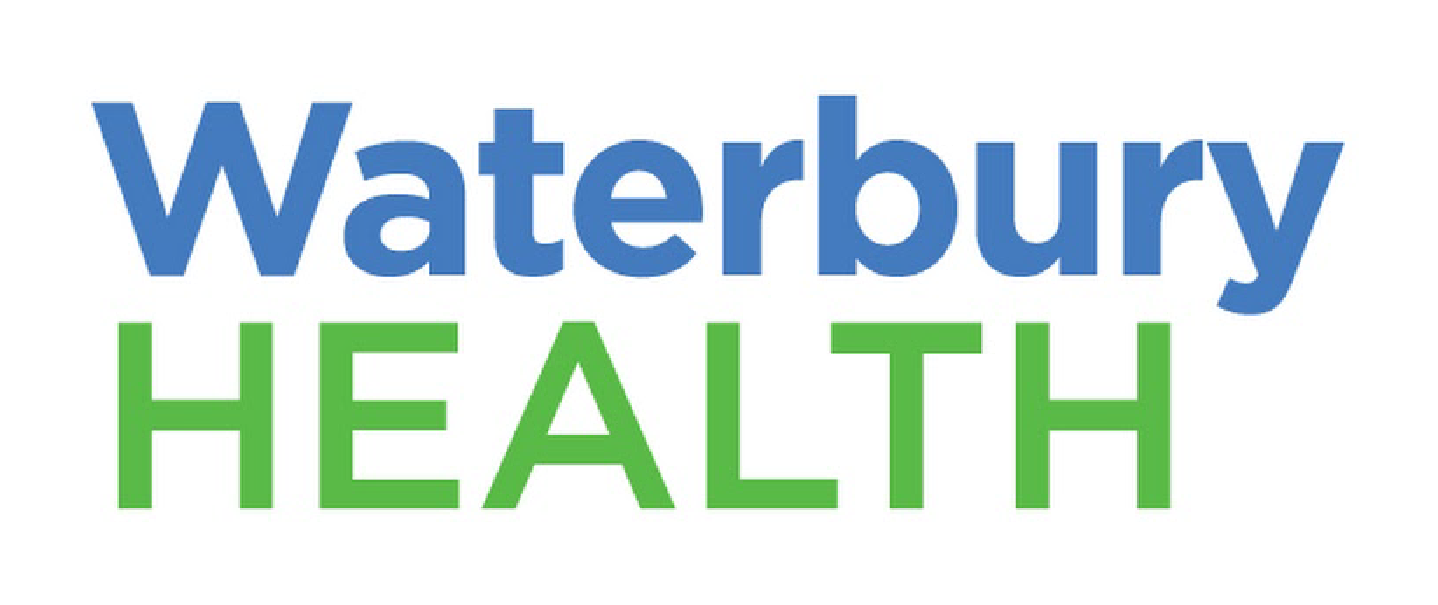Breast Health and Cancer Prevention
For Dr. Elizabeth Riordan, every day is about breast cancer awareness. Dr. Riordan is the Medical Director of Waterbury HEALTHs Breast Health Center with offices in Waterbury and Southbury.
The doctor offers some important advice to women of all ages, beginning at adolescence. Teenage girls should learn how to do a breast exam when they are developing. “The number one risk factor for breast cancer is having breasts”, explains Dr. Riordan. “It sounds funny, but it’s true.” Breast exams can be learned very easily by asking a medical expert or even another trusted female.
Riordan explains that when women make it a habit to examine themselves by feel as well as visually, they will become in tune with subtle abnormalities. It’s when abnormalities are detected, that is when a health care provider should notified.
Another tool for early detection is an annual mammogram beginning at age 40. Mammograms are a radiologic view of breast tissue that can detect microscopic abnormalities before they grow into larger tumors. Women with breast tissue that has been determined to be more dense may require additional imaging to be sure an accurate assessment can be done. Dense breast tissue is not uncommon among some women.
Dr. Riordan encourages anyone with questions to speak with their primary care doctor or specialist. “No question is too insignificant”, she says. “This is especially true if you feel something abnormal or you have a mammogram that picked up something”.
Dr. Riordan offers the following tips for women;
- Get To Know Your Body – Do a tactile exam of your breasts and under your arms at least monthly. Having familiarity with the feeling of your body when things are normal will help find abnormalities more easily.
- Get A Mammogram Every Year When Appropriate – An annual mammogram should be scheduled starting at age 40 or earlier if directed by your doctor. Don’t put it off!
- Don’t Panic – Many lumps and bumps found in breast tissue are benign. Finding a lump should trigger a visit to a breast specialist for an exam, but does not automatically mean cancer. Only an exam by a doctor and biopsy can determine the presence of cancer.
- Ask Your Doctor and Follow Their Advice – You are encouraged to ask your doctor question about breast health. It is also very important to follow doctors’ guidance, especially if they suggest additional testing or more frequent mammograms.
- Consider Genetic Testing – Dr. Riordan’s office offers non-invasive genetic testing for women whose family history may put them at greater risk for breast cancer. Testing takes only a few moments and a sample of a person’s saliva.
Discussing breast health has become commonplace in many areas of society. Dr. Riordan wants it to be a discussion that can comfortably taking place at the dinner table and at school. “Breast health is so important and talking about it should not be taboo”.
Dr. Elizabeth Riordan has offices at 134 Grandview Ave, Suite 105 in Waterbury and in Southbury at 32C Poverty Road. To schedule an appointment call: 203.405.7165.
